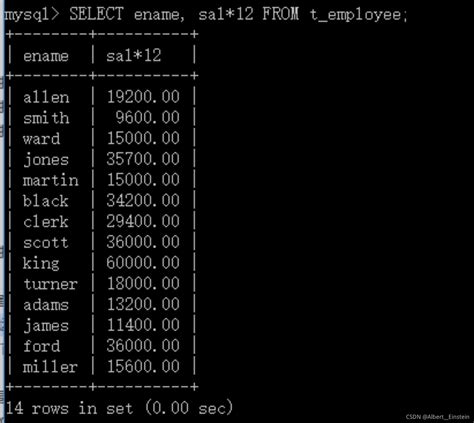Title: Mastering SQL Queries for Big Data Analysis
In the realm of big data, SQL queries play a pivotal role in extracting meaningful insights from vast datasets. SQL (Structured Query Language) serves as a powerful tool for managing, manipulating, and retrieving data efficiently. Let's delve into the essentials of SQL queries for big data analysis.
Understanding Big Data
Big data encompasses large and complex datasets that traditional data processing applications struggle to handle. These datasets often exhibit the 3Vs: Volume (massive amount of data), Velocity (rapid data generation), and Variety (diverse data types). SQL queries in big data environments need to address these challenges effectively.

Optimizing SQL Queries for Big Data
1.
Use Indexes
: Indexes enhance query performance by enabling swift data retrieval. In big data systems, consider leveraging appropriate indexing strategies to expedite query execution.
2.
Partitioning
: Partitioning involves dividing large tables into smaller, more manageable chunks based on certain criteria (e.g., range or hash). This technique aids in query optimization, especially when dealing with massive datasets.
3.
Parallel Processing
: Big data platforms often support parallel processing, allowing queries to be executed concurrently across multiple nodes. Utilize parallelism to distribute query workload and expedite data processing.
4.
Optimized Joins
: Efficient join operations are crucial for querying large datasets. Opt for join algorithms such as hash join or sort merge join, depending on the data distribution and join conditions.
5.
Query Optimization Techniques
: Familiarize yourself with query optimization techniques such as query rewriting, predicate pushdown, and statisticsbased optimizations to improve query performance in big data environments.
Best Practices for SQL Queries in Big Data
1.
Schema Design
: Design an optimized schema that aligns with the query patterns and analytical requirements. A welldesigned schema can significantly enhance query performance and data retrieval efficiency.
2.
Data Filtering
: Apply selective filtering to minimize the dataset size before executing complex queries. Filtering out irrelevant data upfront can streamline query execution and reduce processing overhead.
3.
Limiting Results
: Limit the number of results returned by a query, especially when dealing with adhoc queries or exploratory analysis. This practice prevents excessive data transfer and improves query responsiveness.
4.
Data Compression
: Employ data compression techniques to reduce storage footprint and enhance query performance. Compressed data requires less I/O operations, resulting in faster query execution.
5.
Query Caching
: Utilize query caching mechanisms to store and reuse the results of frequently executed queries. This approach reduces redundant computations and improves overall system performance.
Conclusion
SQL queries are indispensable for analyzing big data efficiently. By adhering to optimization strategies and best practices tailored for big data environments, you can harness the full potential of SQL for insightful data analysis. Embrace the scalability and flexibility offered by SQL in handling large and diverse datasets, empowering your organization to extract valuable insights and drive datadriven decisionmaking.
This HTML output encapsulates the essence of mastering SQL queries for big data analysis, providing actionable insights and guidance for navigating the intricacies of querying large datasets effectively.
